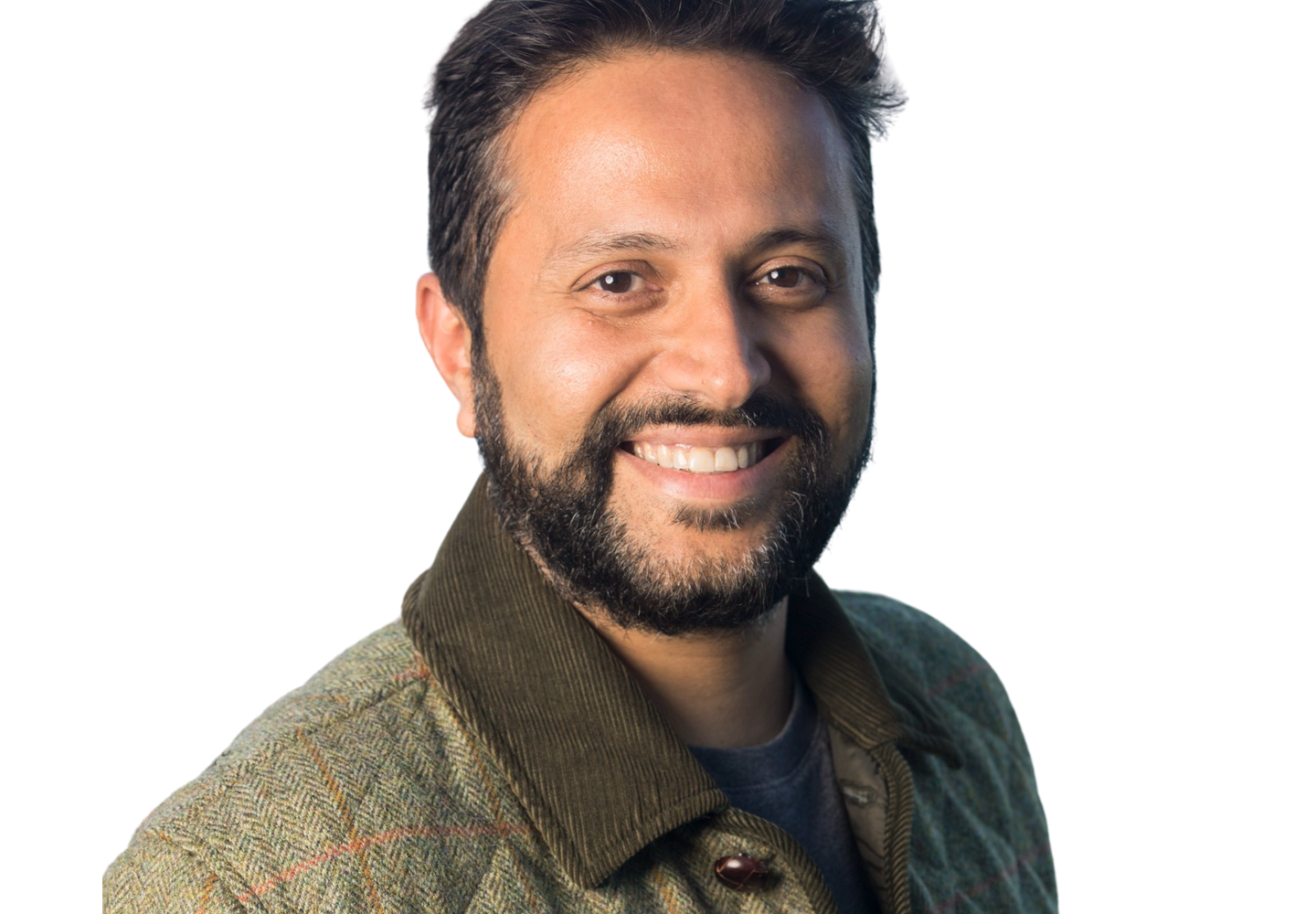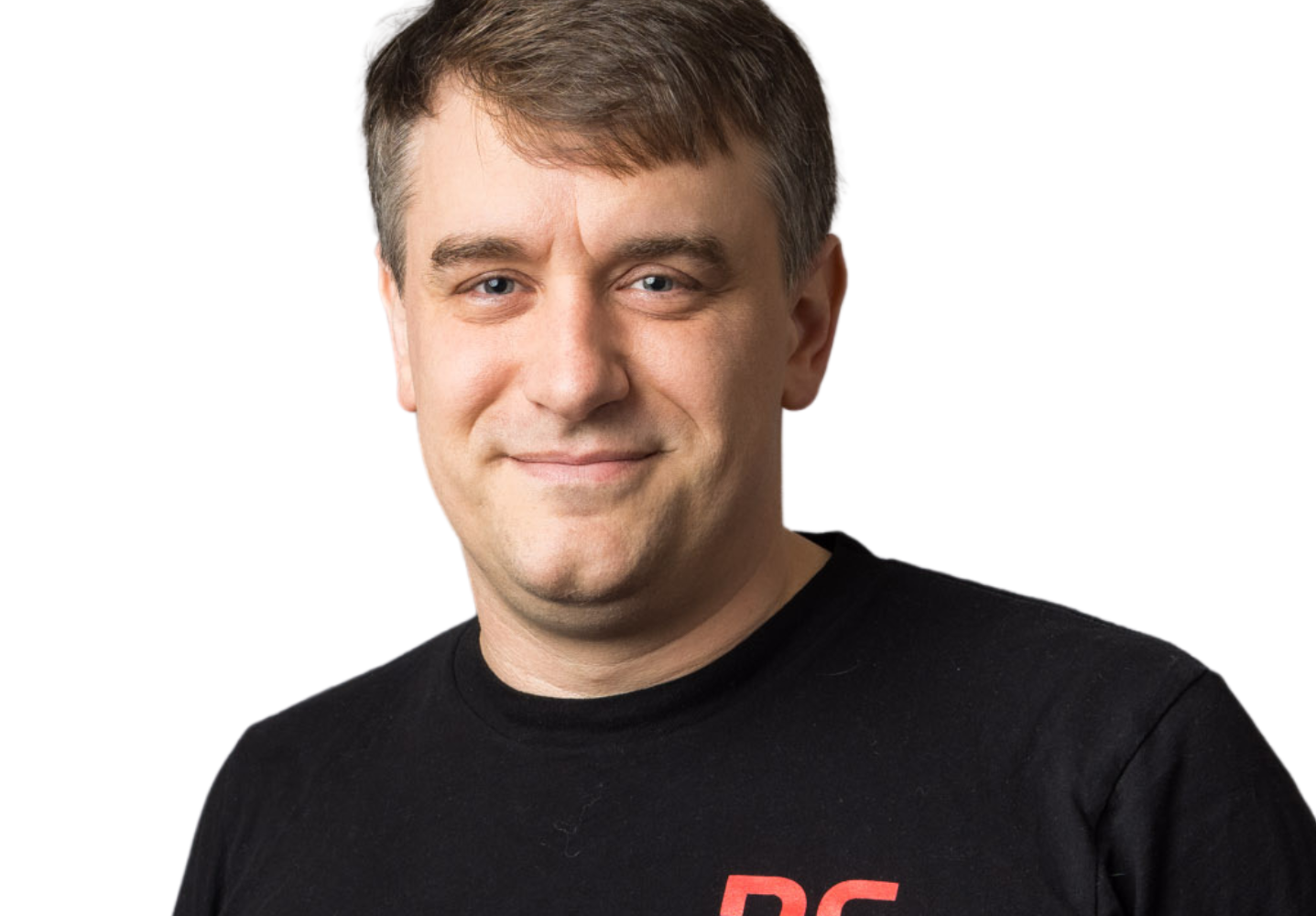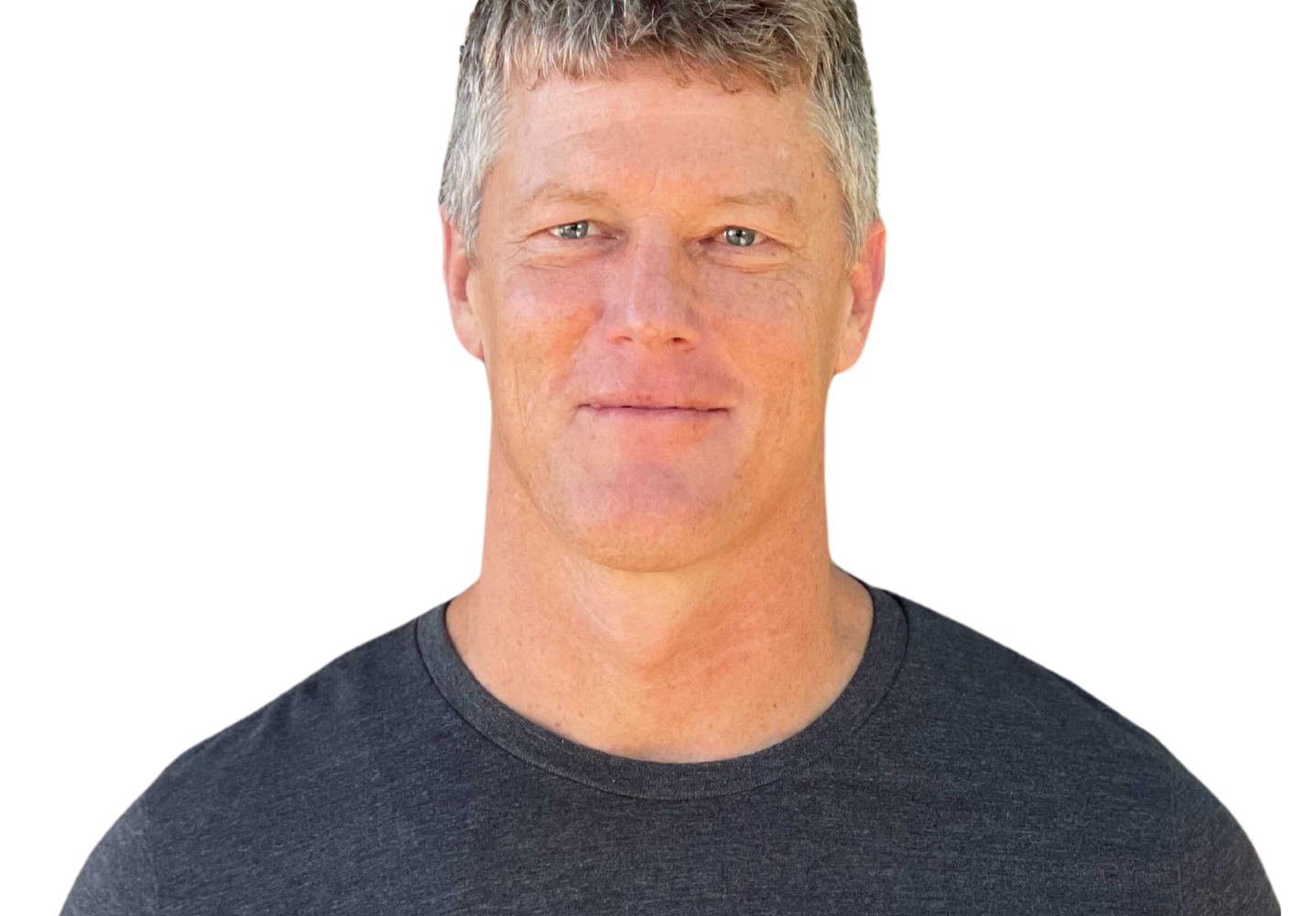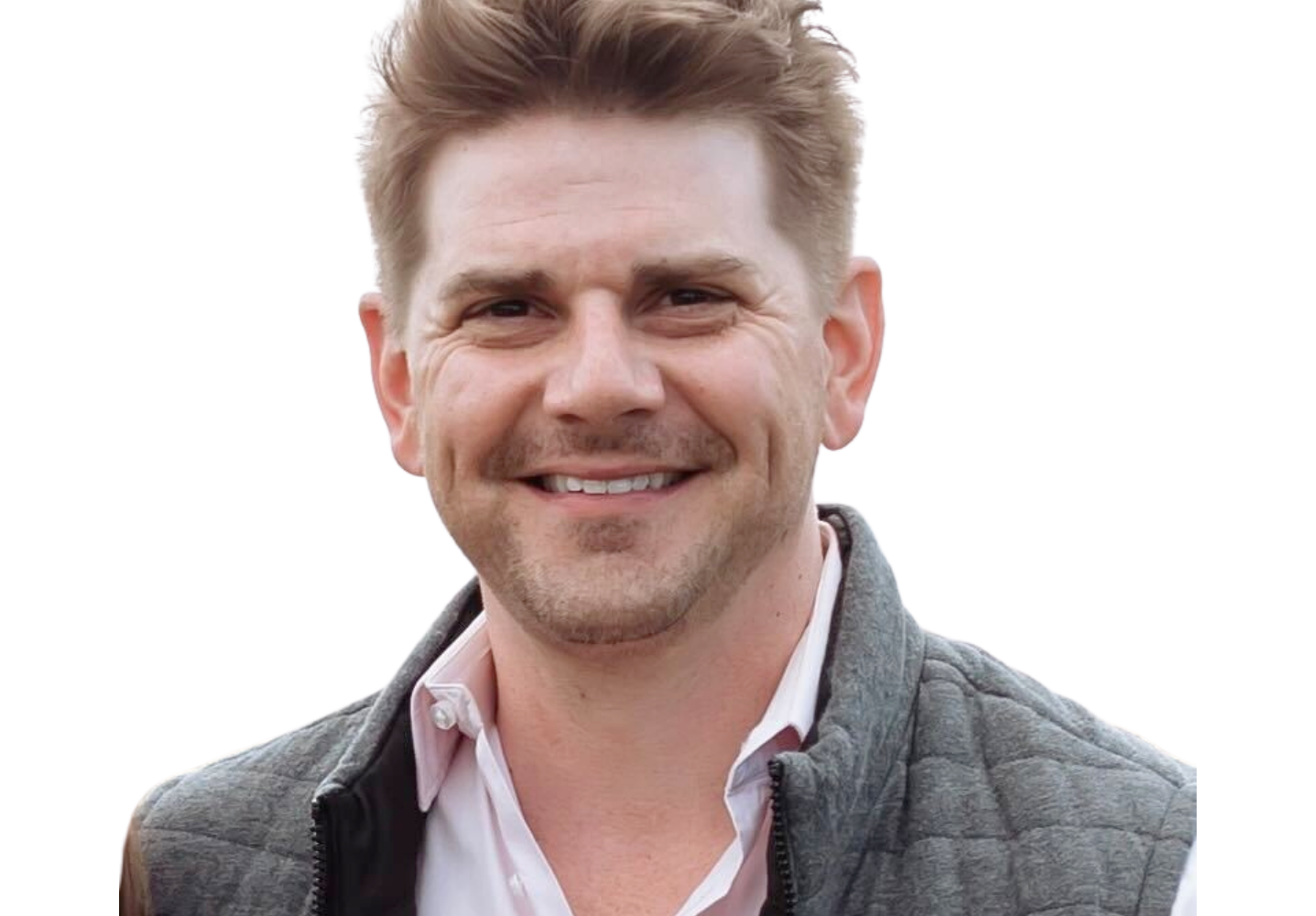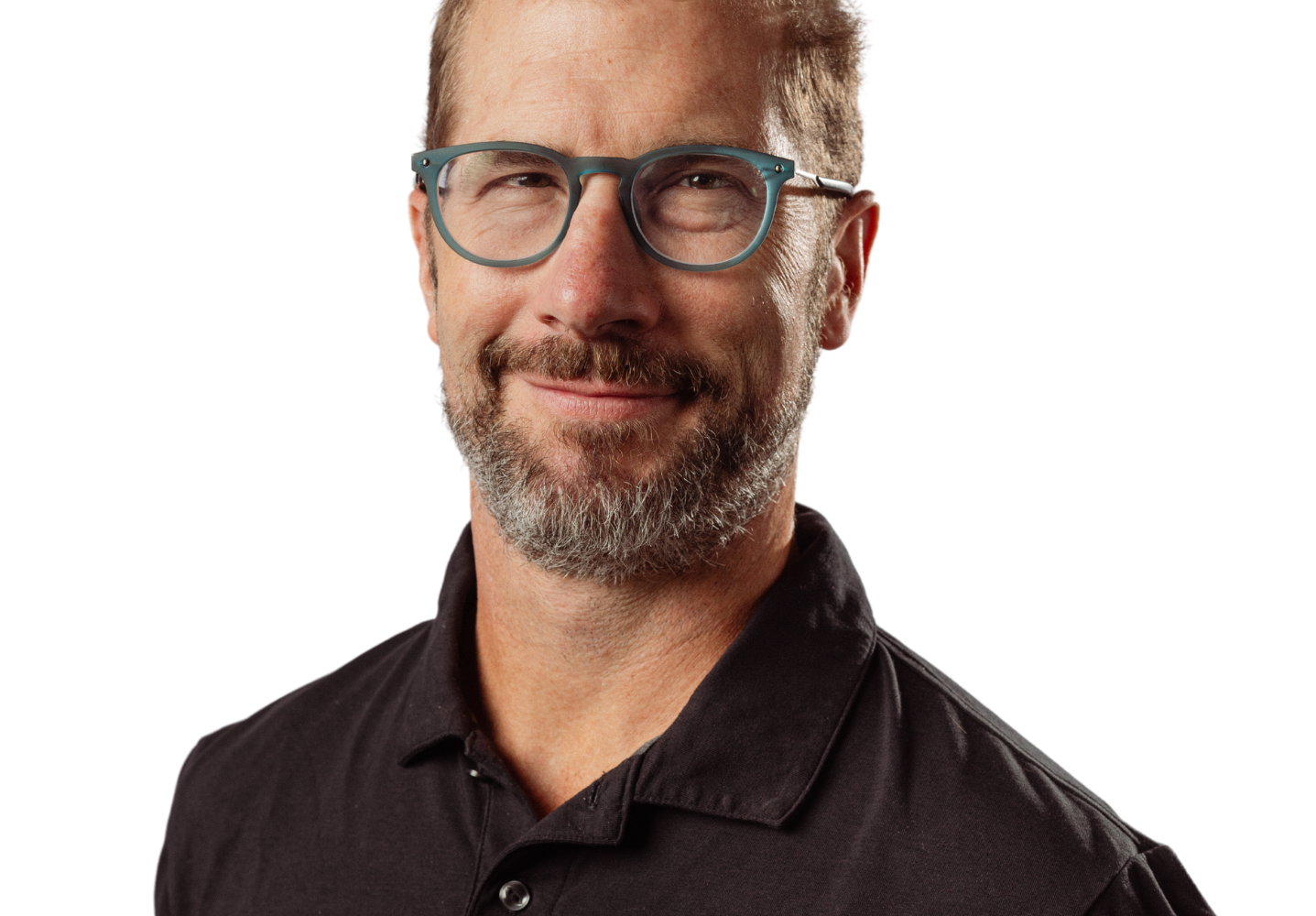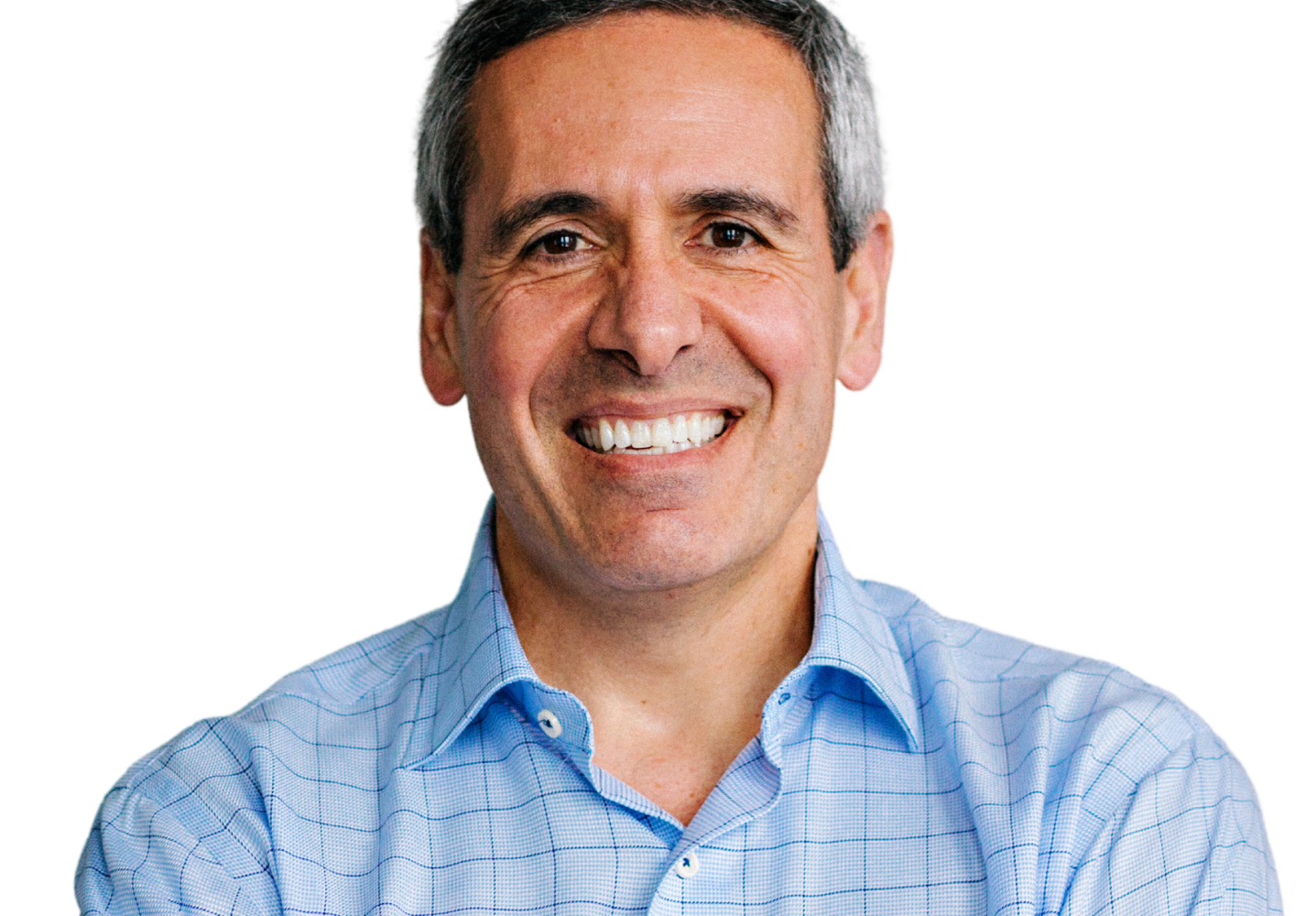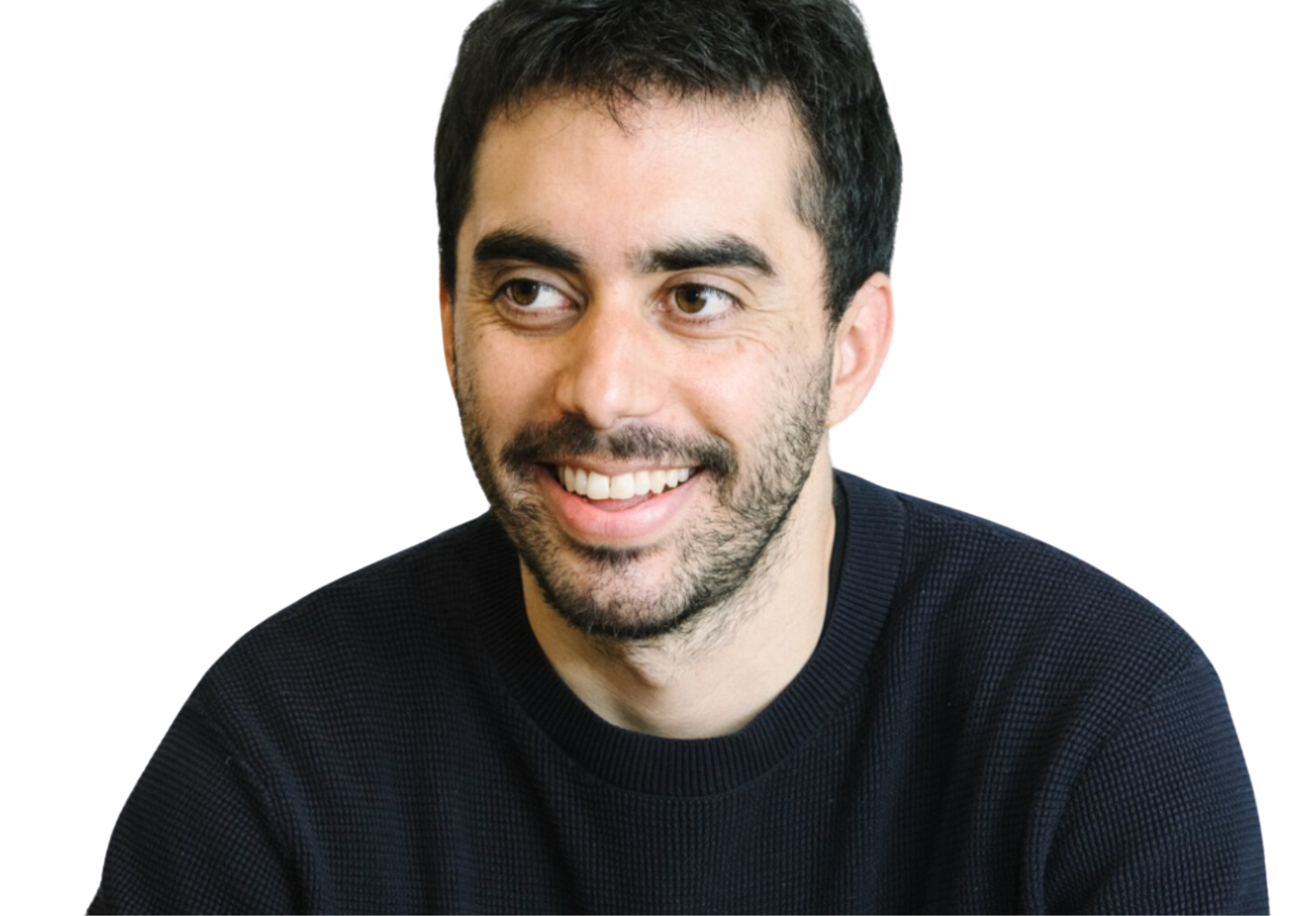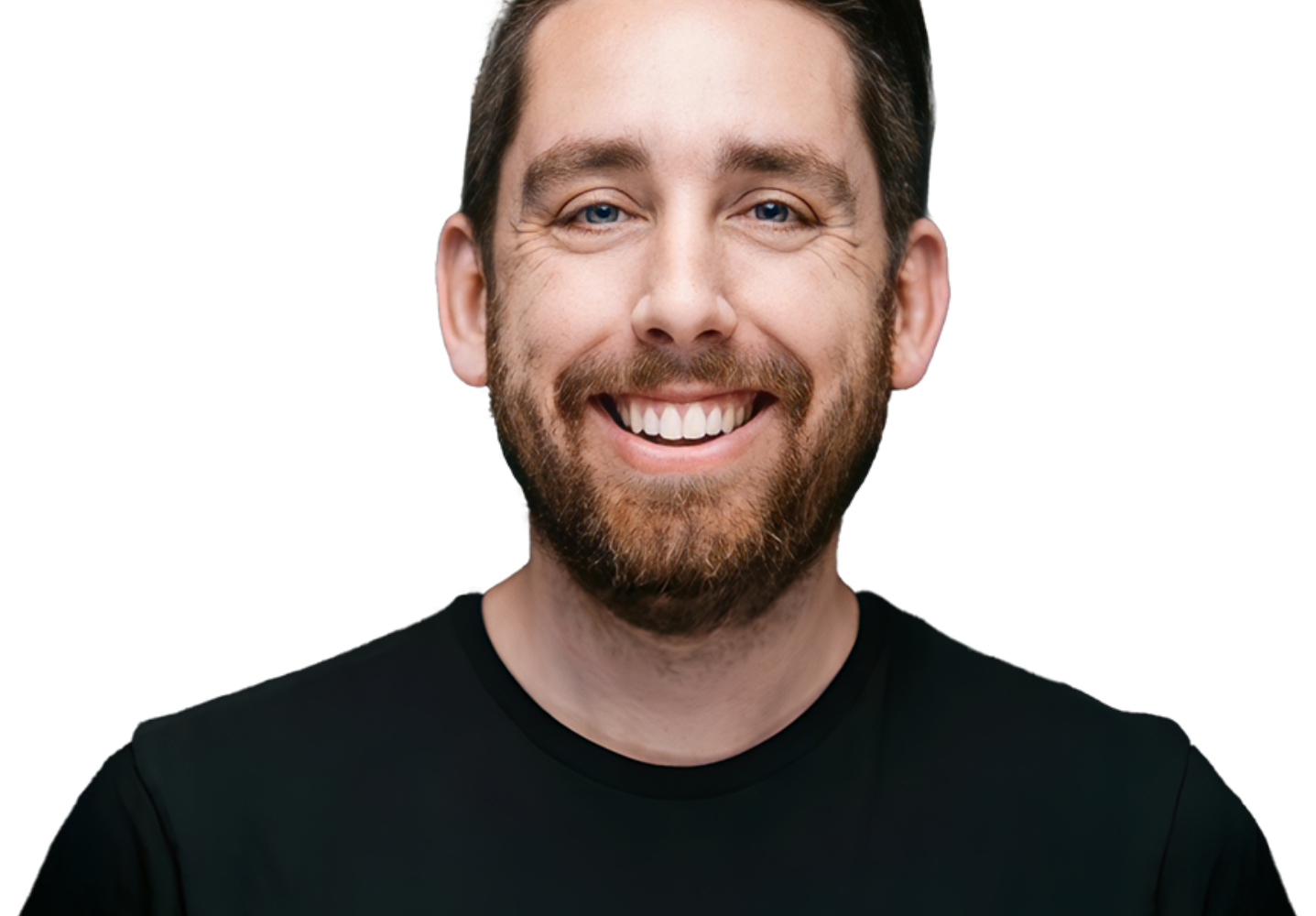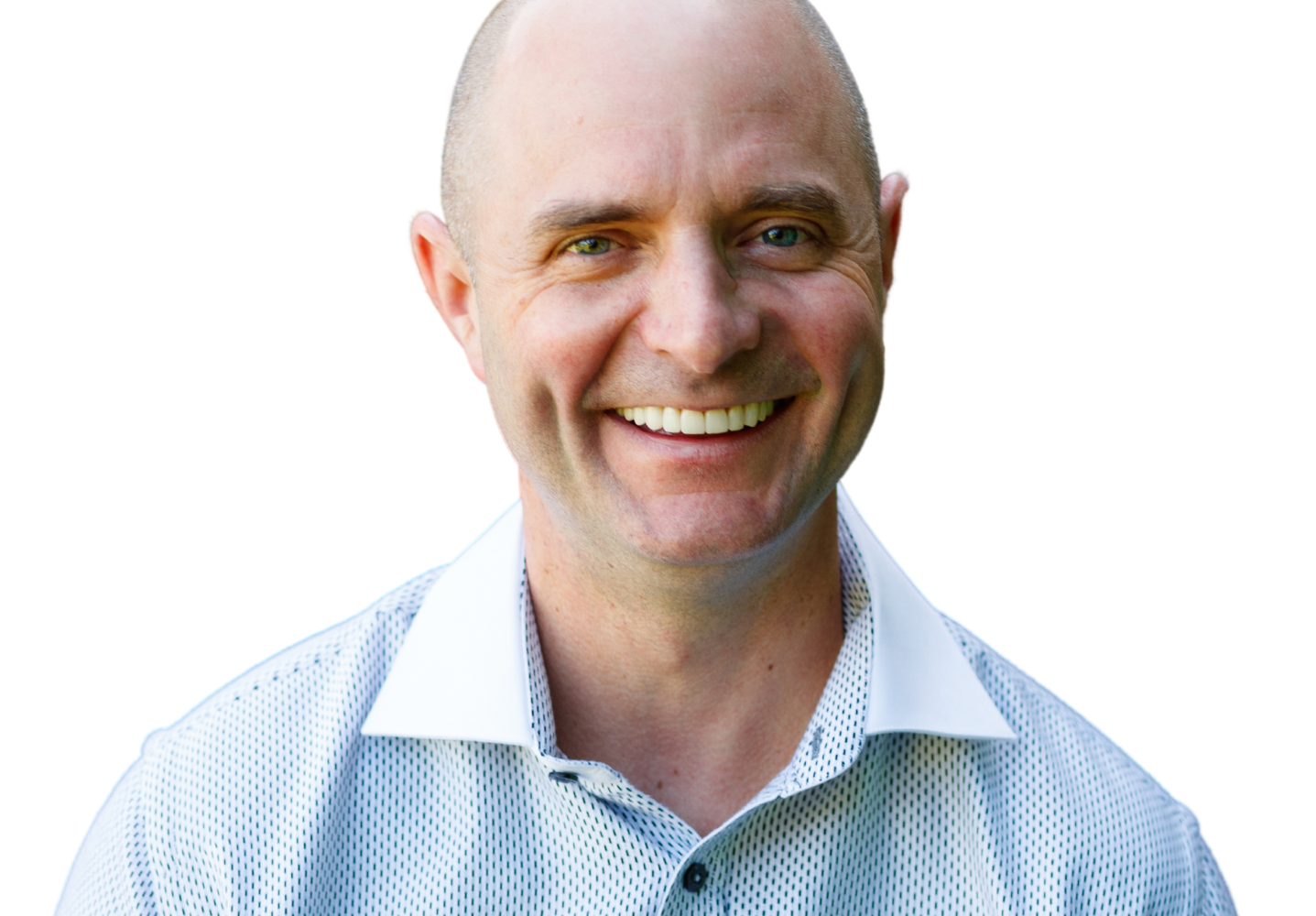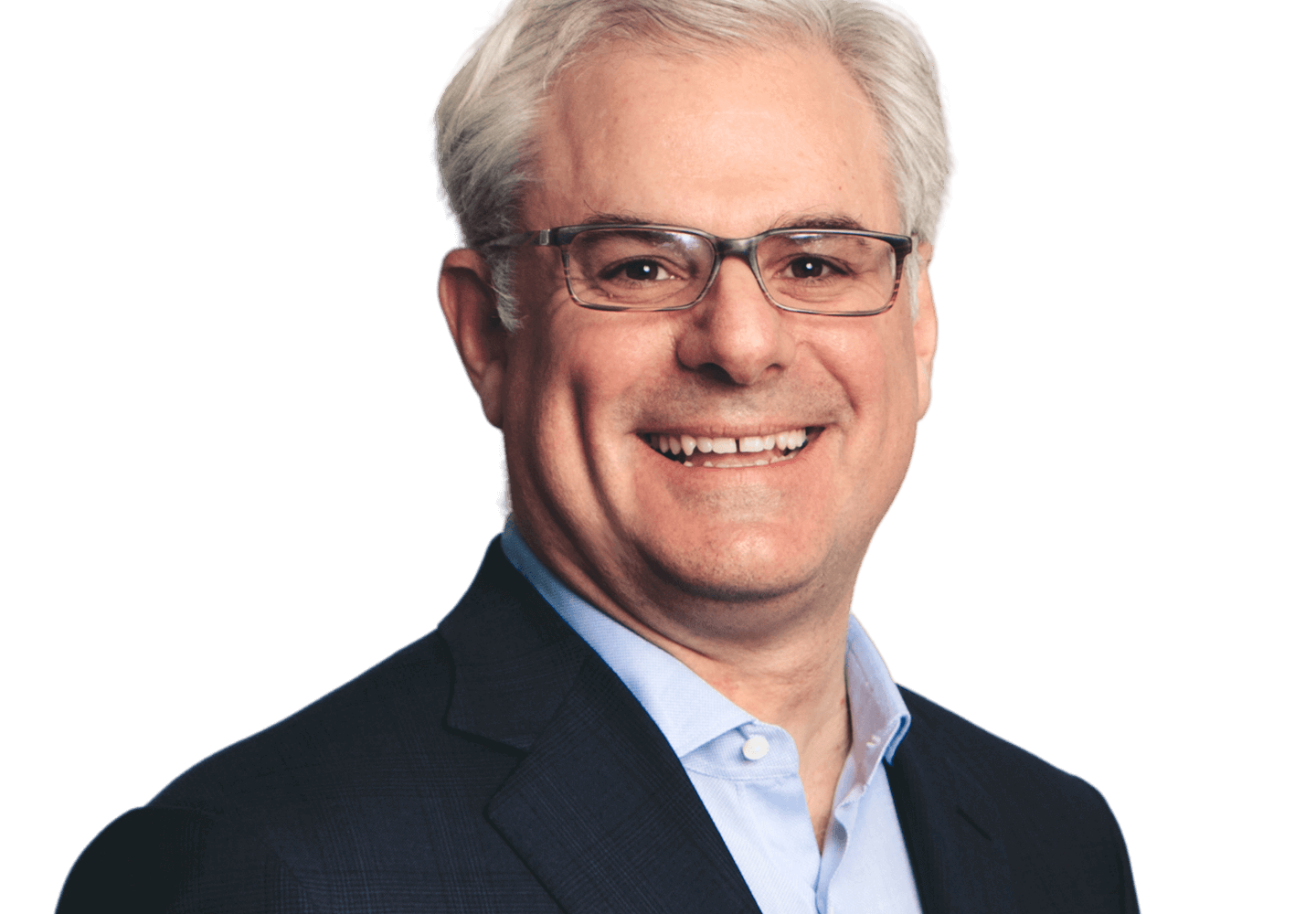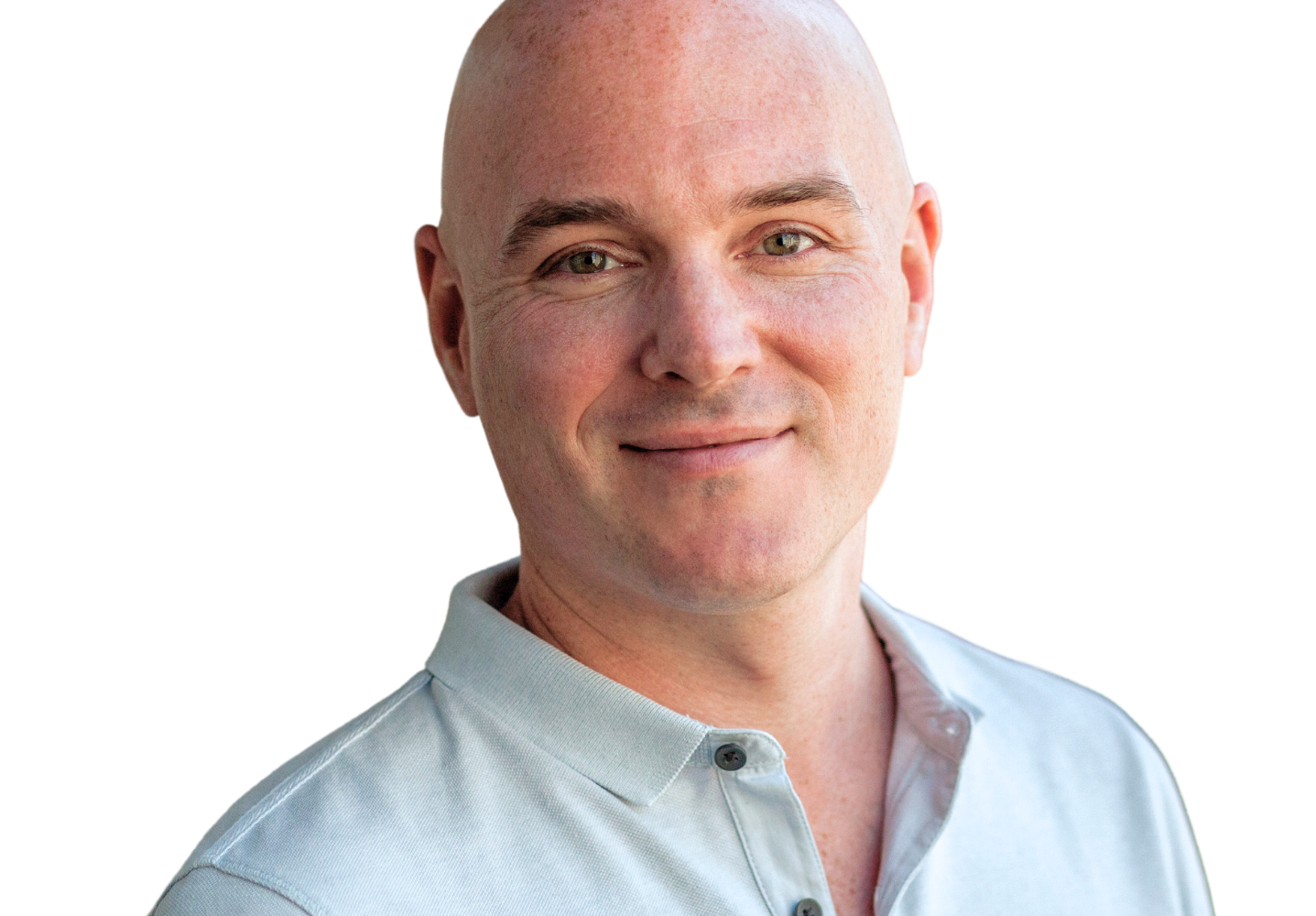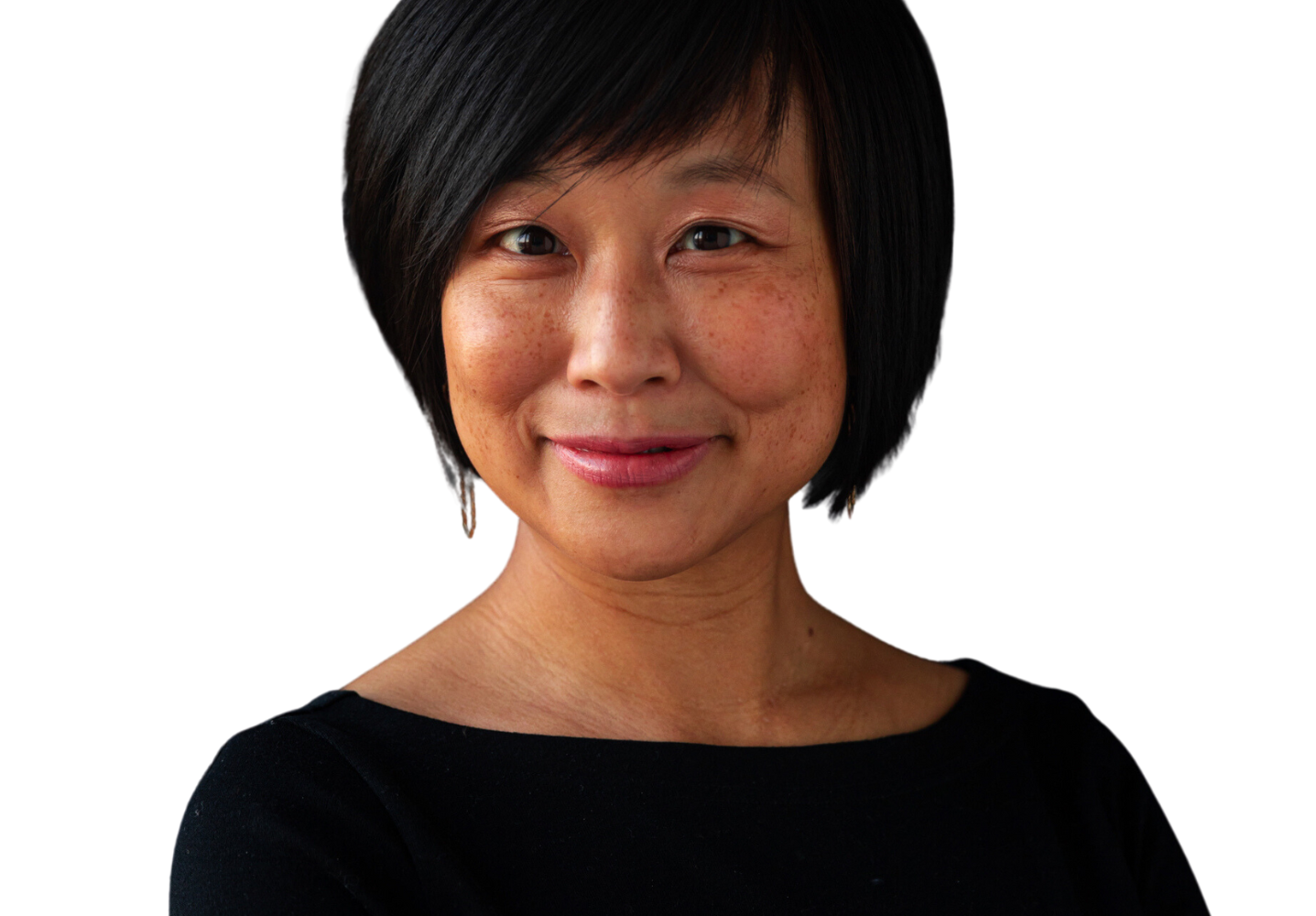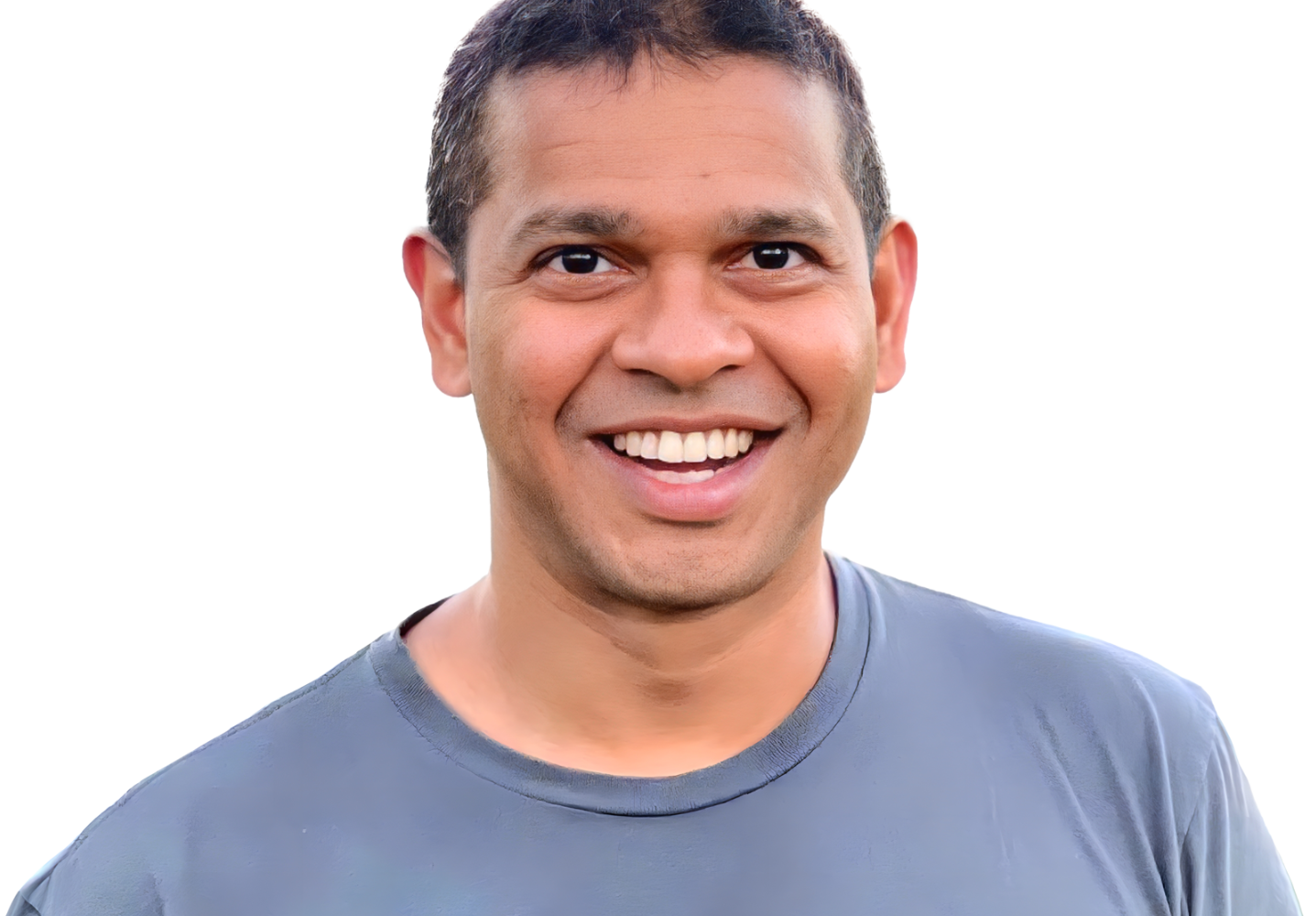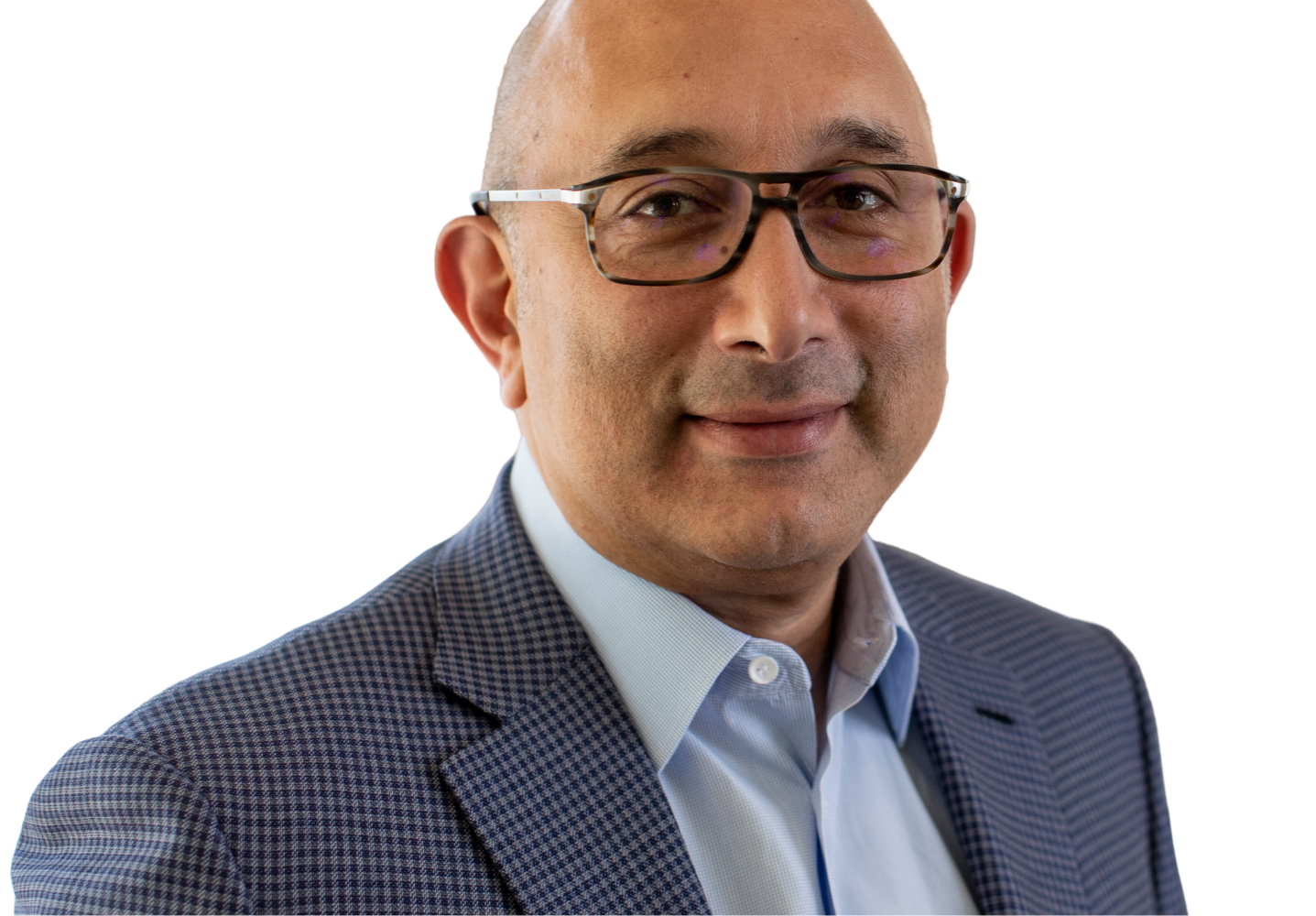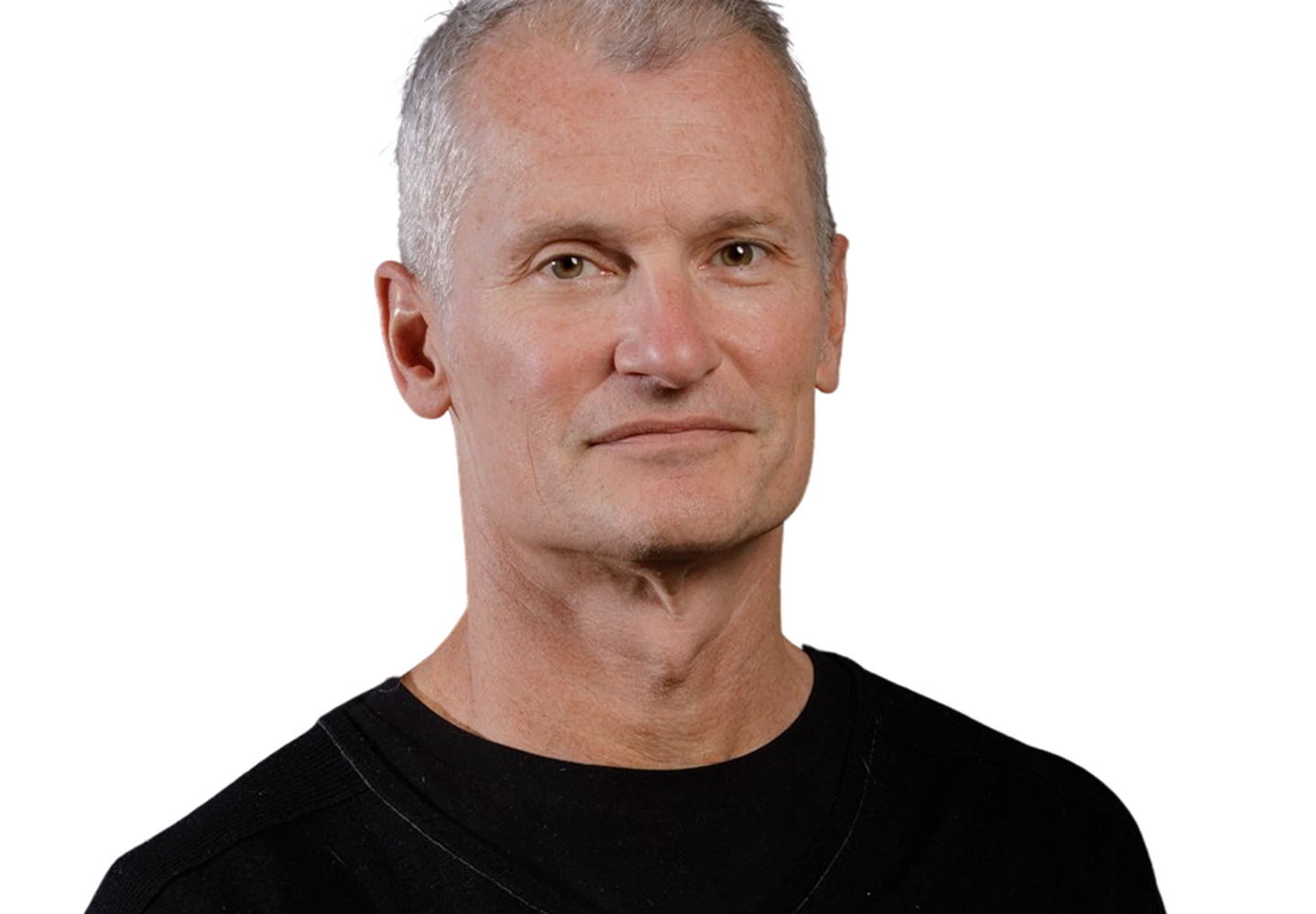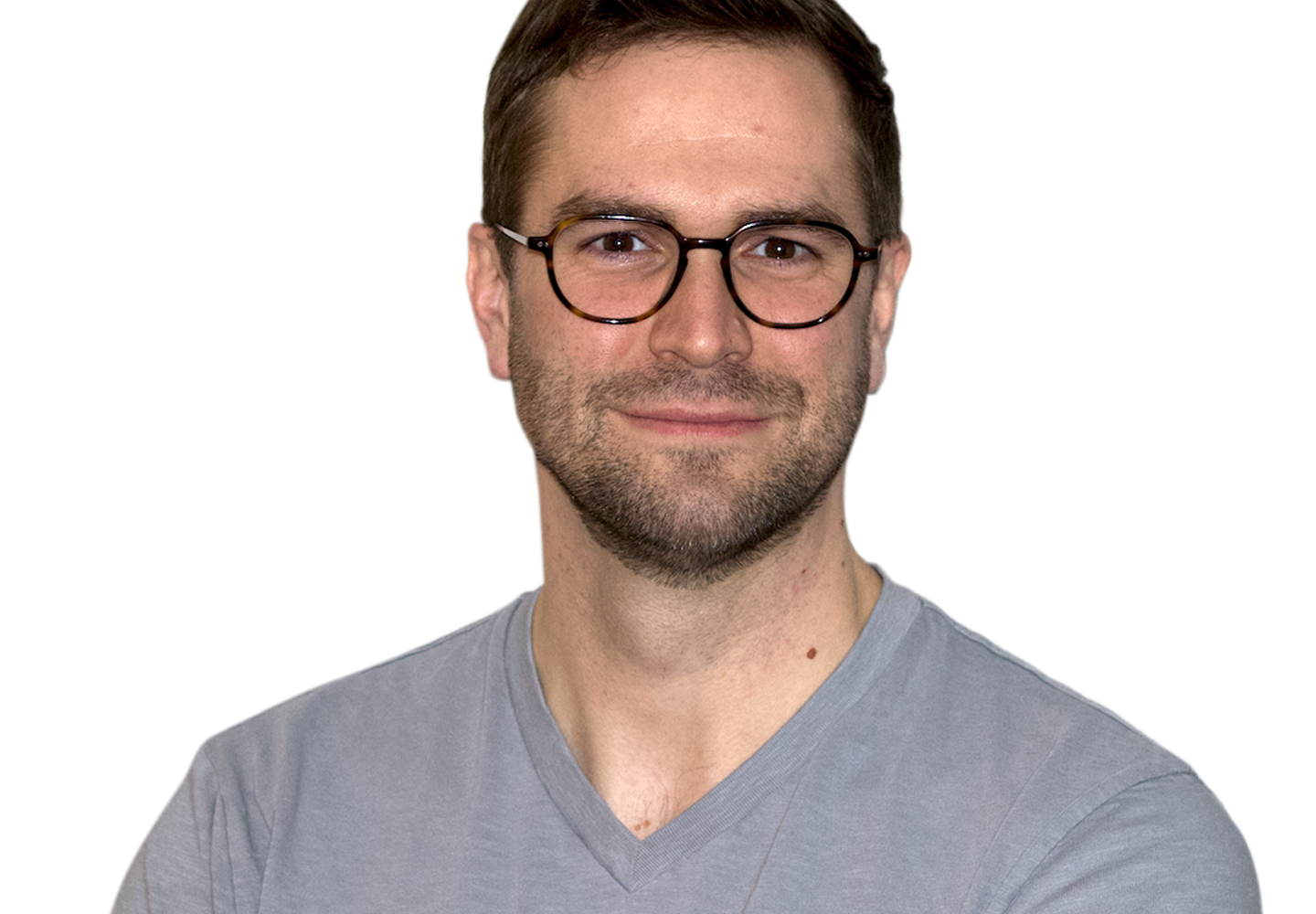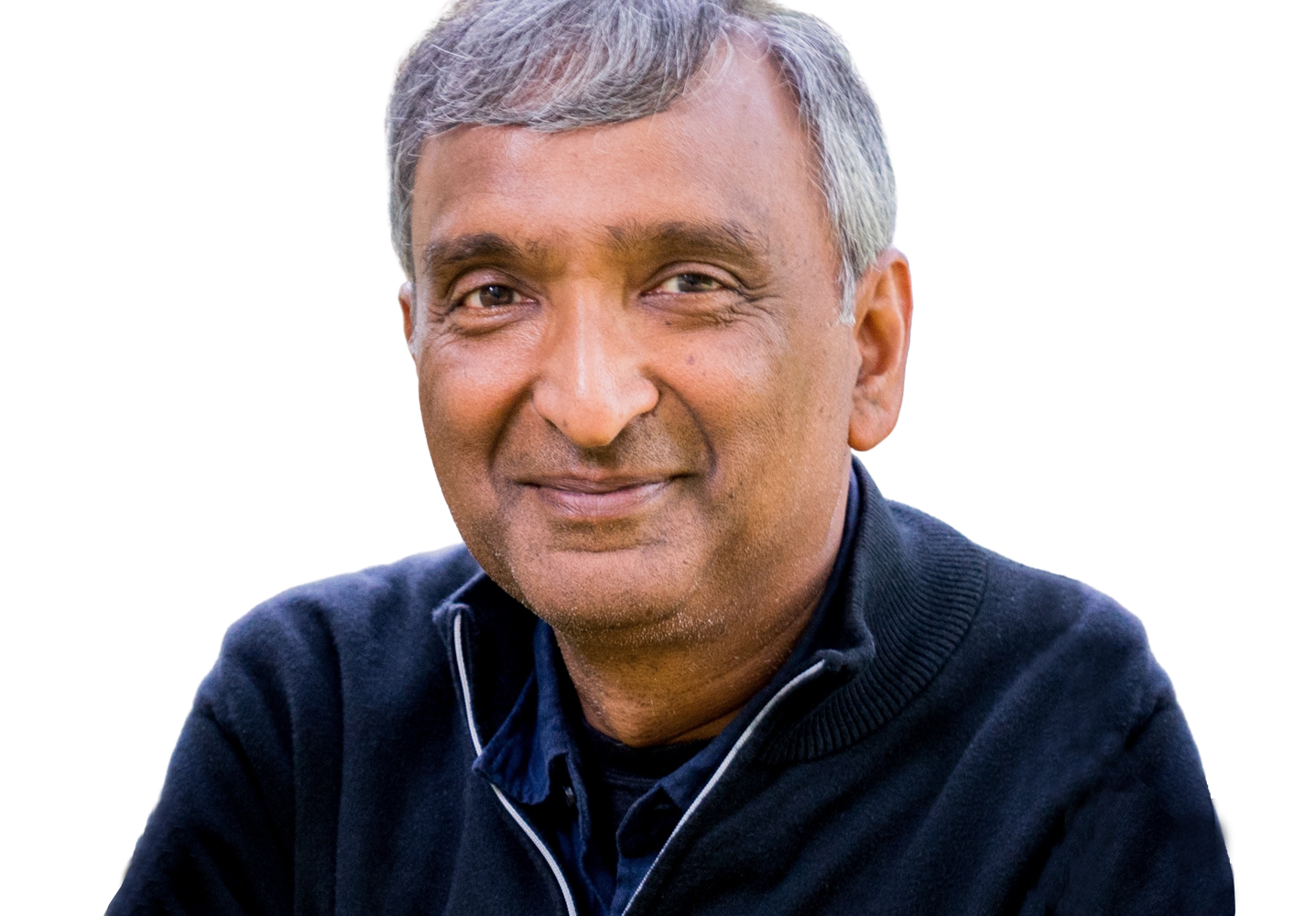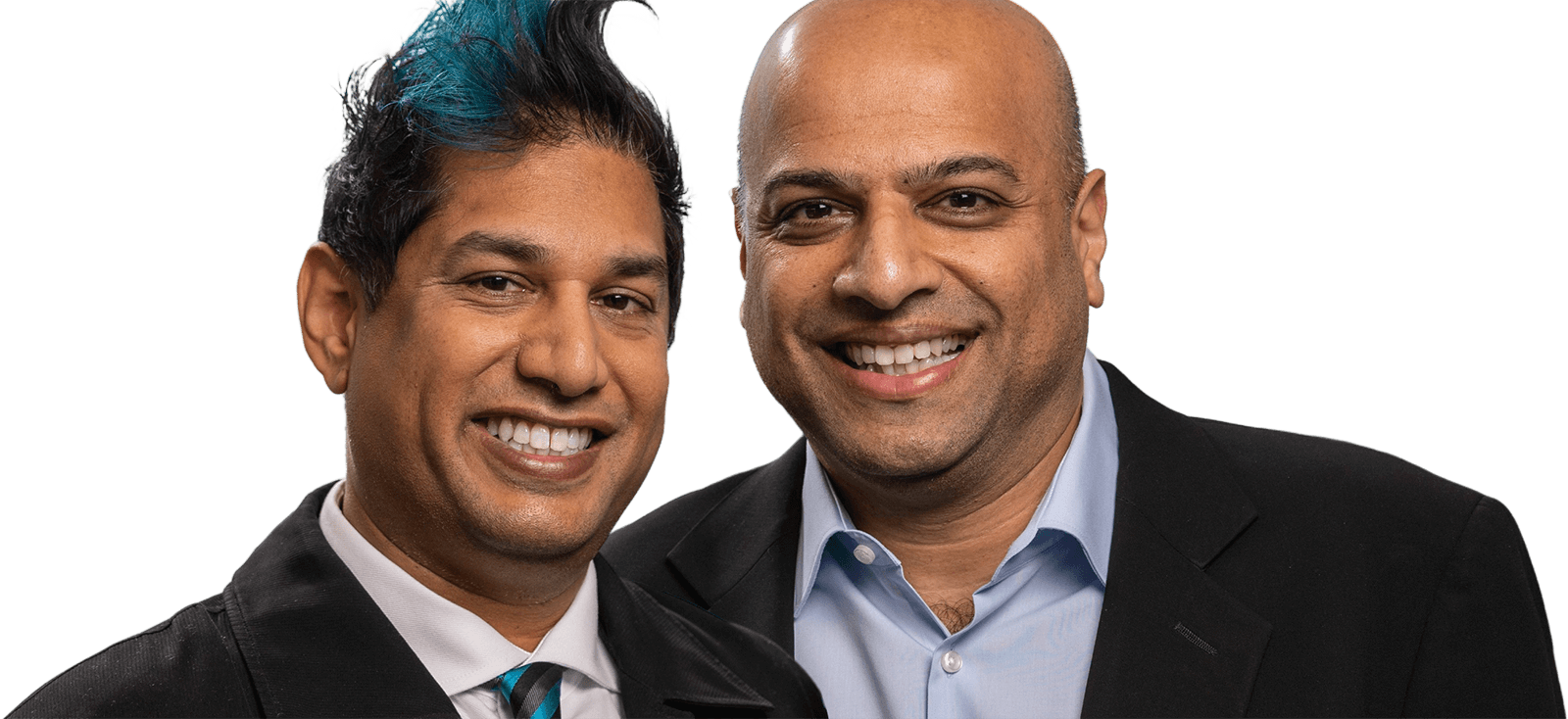What was the problem/the pain point that inspired the creation of Spotnana, and why were you the right person to tackle it?
My story is a little bit unique in that I’ve been in the travel space for the last 20 years. I had been trying to solve a problem – the fact that the traveler experience was broken. People are constantly frustrated with their experience booking travel.
When you look at business travel specifically, a massive $1.4 trillion industry, it just did not have the experience people have come to expect with, say, Spotify, Netflix, Uber, or Amazon. When people shop on Amazon, they usually just find what they’re looking for and buy it. They don’t do a lot of price comparison because they trust it is a reasonable price, and they know what the Amazon experience is. When someone wants to book a flight to London, they often check ten different places to find the best flight. Inherently, you don’t trust the price because you believe there’s a deal to be had. Why is it that when it comes to travel, we feel there’s a better deal to be had with hotels or cars or flights than what we see in a corporate booking tool?
This is the only industry where the supplier doesn’t know who the buyer is because of all the intermediaries. And it is powered by a technology stack that was built in the 1950s and ’60s. Companies like Concur came along and created a fantastic web experience on top of that. But the underlying plumbing that powers the industry has been fundamentally broken for a long time.
In 2019, I was running a very successful travel business but could not scale it how I wanted to because of the industry’s underlying infrastructure. I realized that the only way to fix the scaling problem was to fix the plumbing, and that is what Spotnana is doing. With my co-founder Shikhar Agarwal and our team, we’re modernizing the infrastructure of the travel industry.
When I met Steve and the Madrona team, the common element between everyone was that there is no ego. Nobody is there to tell you what to do because they know best. It is never like that.
What is it like to work with Madrona?
I had my own successful, self-funded travel business generating $70 million in revenue, so I come from a different school of thought than many founders. I thought you didn’t need to raise money — you just do it the old-fashioned way by bootstrapping. I actually chased Madrona — because of Steve Singh and his experience with Concur. He built one of the world’s largest travel companies and sold it for $8 billion.
When I met Steve and the Madrona team, the common element between everyone was that there is no ego. Nobody is there to tell you what to do because they know best. It is never like that. Whether it is Soma, Matt, John Torrey, or Shannon — everybody has just been human. You want to associate with people like that.
One of Steve’s greatest qualities is that he’s an entrepreneur first and a VC second. He knows how to operate and scale companies. When he tells you something, you feel compelled to listen and raise your game because of the way he imparts his wisdom. Steve just knows how to bring out the best in people. He is a rare breed.
A lot of people work very hard in life and never get their big break. I was lucky — meeting Steve was my big break. It changed things forever. For any entrepreneur out there, I hope you find your Steve Singh when you’re looking for a partner or an investor because you’ll be able to get to where they need to go. It isn’t about the money — it’s about who is behind the money.
Tell us about a Madrona Moment.
My interactions on an everyday basis are mostly with Steve, but I’ve been so thankful for everyone at Madrona. Shannon and her team have helped us from the very early days, first by helping us scale our HR function and then by helping us make significant hires. Her team wants you to be successful, wants to push and encourage you and wants to connect you to the right people.
Beyond just helping me make big hires, Shannon helped me think through how to scale a tech company, how to look for hires, what to look for in a candidate, and how to think about compensation. When you talk with her or her team, whether it is a 15-minute, 30-minute, or 1-hour call, you feel you are the only person that matters to them.
What have you learned about yourself during this process?
Working with Steve, I’ve learned to look at things piece by piece. There are so many layers you have to build as you continue to scale, and each stage is a different journey. By taking it one step at a time, it can become less overwhelming. As an entrepreneur, you have to work on generating this belief in yourself and the company, not only for yourself but for your entire team. Because at the end of the day, you’re their leader.
My wife said, “Sarosh, you only have two choices in life. Either you supersize your effort or downsize your ambition.'” Creating Spotnana and working with Steve, I’ve realized that I’m just going to keep supersizing my effort, not only to make myself better but to make the company better.
What is the most important lesson that you have learned during your startup journey?
Winning is about showing up every day and doing what you said that you would do — just grinding through those things that are boring and those minute details. You usually have only one shot at getting it right, so you have to do the work.

